When political meddling is acceptable in international sport

Mbuso Ndlovu
THE International Olympics Committee is in a quandary following its executive decision to allow Russian and Belarusian athletes to take part in the forthcoming Paris Olympics.
Some European countries led by Germany have been threatening to snub the Russian athletes over the ongoing Russian special military assignment in Ukraine. Of late, even before the Ukraine conflict, Ukrainian athletes have been competing under their Olympic banner and not the Russian flag. The national anthem was not being played when they won.
Banned ostensibly for massive state-sponsored doping, athletes have found it difficult to participate in numerous competitions across the globe.
Fearing a return to the Cold War scenes of Olympic Boycotts, the IOC decided politics should not affect individual athletes. During the Cold War, athletes from Nato countries led by USA were ordered to boycott competitions hosted by Warsaw Pact countries led by the Soviet Union (Russian-dominated) and vice versa.
Newly-independent Zimbabwe took part and won the ladies’ hockey gold medal in the 1980 Moscow Olympics shunned by the West.
The irony was that despite United Nations sanctions on Rhodesia and South Africa, Western nations never stopped sending so-called rebels sporting clubs to engage the outcasts. Cricket, rugby and even soccer teams continued visiting the supposedly banned countries.
In fact, it took the Commonwealth led by Zambia and Uganda to lobby for the isolation of the racist regimes, otherwise the two had continued participating in Olympics without any problems.
On Thursday, March 30, Chronicle reported that Indonesia had lost the right to host the men’s Under-20 Fifa World Cup. The decision was taken after Indonesia’s Bali Island governor refused to accept Israel’s team in his area.
Indonesia is a predominantly Moslem country although Bali is largely Hindu. Moslems worldwide sympathise with the Palestinians suffering from Jewish Israeli aggression in their homeland.
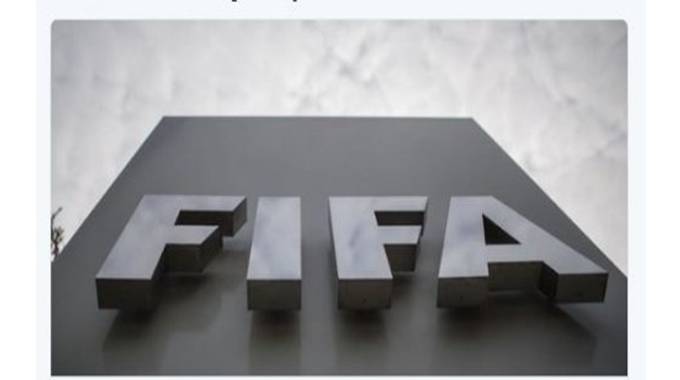
Fifa
Protesters marched in Jakarta early March waving Indonesian and Palestinian flags demanding that Israel should not be allowed to participate.
So Fifa chose one country, Israel, over another, Indonesia. In terms of spectators, Indonesia with over 100 million dwarfs Israel’s 10 times over.
Erick Thohir, Indonesia’s soccer chairman said, “Indonesia is a Fifa member, so for any international soccer matters, we have to abide by the rules.” Whose rules? The same rules that say there must be no political interference in soccer are wantonly violated in Europe and United States.
How come there are no consequences or sanctions against such countries? When politicians order national teams not to travel to certain countries, isn’t that political interference? Juxtapose that response with the Russian athletes scenario. Russians are denied the satisfaction and pride that comes with listening to their national anthem in front of smiling admiring faces in the stadium and at home.
When Russian athletes are denied the right to carry their flag, isn’t that political interference in sport?
How mere athletes are supposed to influence government policies defies logic.
On one hand, we are told politics must never interfere in sport, yet on the other, certain political groups and governments hold so much sway on organisations and leaders of such groups.
England refused to play in Zimbabwe in the Cricket World Cup hosted together with South Africa, which cost the English the chance to progress to the next round. Wasn’t that political interference in sport?
Cuban boxers and baseball players for generations could not benefit from their God-given talents due to political squabbles which had nothing to do with them. Olympics have been the only window for them as they dominated the world but there were limited opportunities as the world lost out. Of late, we have seen talented Cubans doing wonders in athletics, boxing and baseball.
Even the USA has taken note and allowed its clubs to independently tour their Communist island neighbours.
Since the 1972 Munich Olympics massacre when Palestinian guerrillas killed Israeli athletes, it has been difficult to divorce government from national teams. Politics governs sport and cannot be avoided.
The United States and France did not only question Fifa and Olympics bosses but actually arrested and charged them with corruption. Both organisations’ head offices were searched for documents by police and nobody suggested that the USA and France be banned.

FIFA boss Gianni Infantino
Top Fifa bosses like Gianni Infantino and Uefa’s Michel Plattini were humiliated in court. Long-serving Olympic boss Sepp Blatter and his lieutenants were hauled before the courts and had millions of dollars and properties seized but nobody raised a voice.
Up to now Fifa bosses face charges in Europe and USA but not a single voice has raised the issue of government interference. In Africa, soccer bosses who are accused of fraud can always raise the defence of government interference and get away with it.
For political expediency, Africa accepts bullying by the rich West. It seems it is a case of one rule for the West and another for everyone else. At the moment, Zimbabwe soccer teams cannot compete internationally because the Sports and Recreation Commission accuses previous Zifa bosses led by Fulton Kamambo of fraud and misgovernance, the same thing that USA and France accused previous Fifa bosses of.
Whereas the SRC demanded accountability, the Europeans actually forced the executives to leave office and surrender all that they had unlawfully amassed.
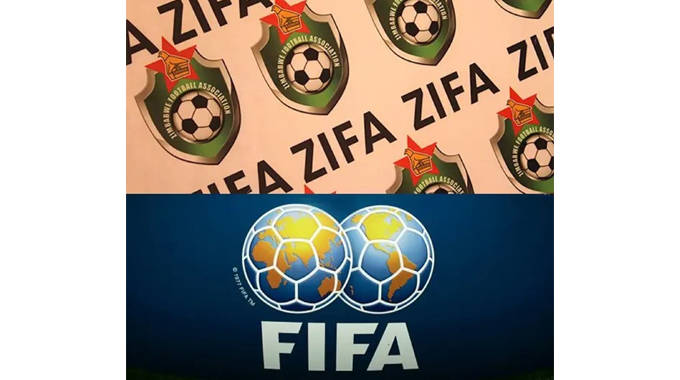
Zifa
None of the Fifa or Olympics executives shouted “no government interference.”
Given that many national sport associations receive annual government grants, it follows that the Sports Ministers must have a say in how the money is used. Whenever sportsmen travel to other countries, they represent their flags and they also need government assistance with medical aid, passports and visas. Isn’t that government interference?
We witnessed the role played by Ghana’s government when misfortune befell Christian Atsu and he lost his life in the Turkey earthquake. The State funded everything that was needed in honour of the soccer star. Was that not government interference?
Most sports facilities in Africa are state-owned and governments often find themselves having to finance various national teams at short notice. When the athletes fail to perform as expected, fans clamour for more state resources towards sport, so where do we draw the line?
There cannot be two rules governing the relationship between politics and sport. The West cannot interfere and prescribe what is acceptable to their politicians and at the same time prescribe to Africa how governments must interact with sports.
If the sports leaders really love their countries and fellow sportsmen who are usually banned from international competitions, then they must simply resign instead of making many athletes suffer.


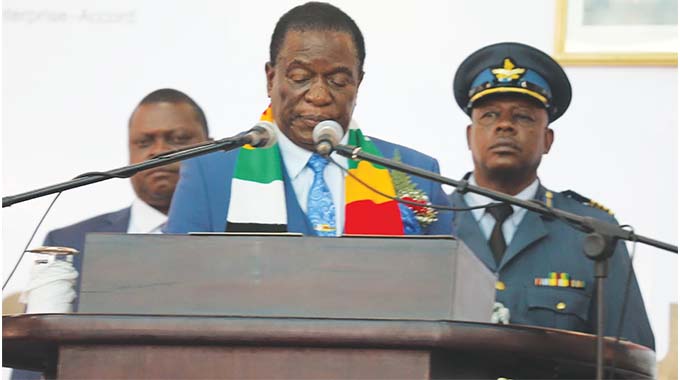

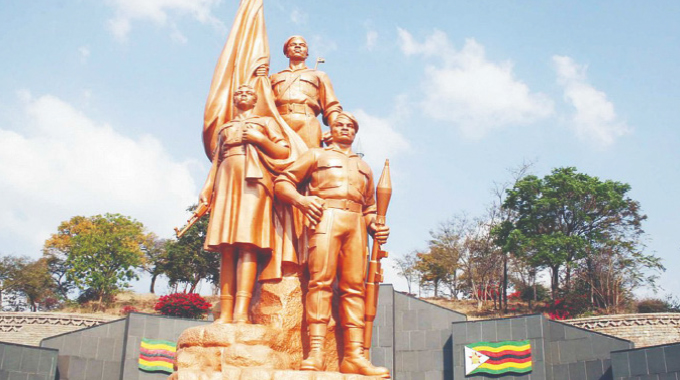
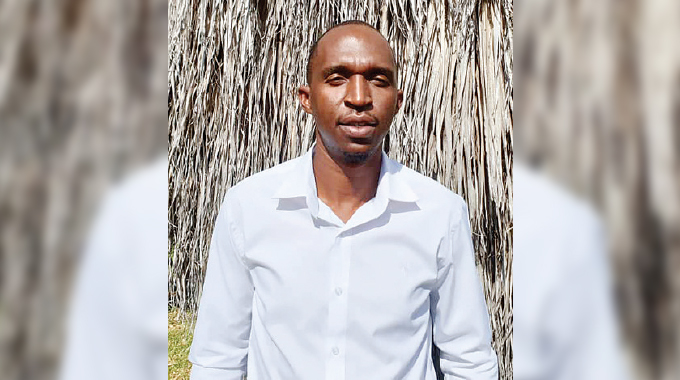






Comments